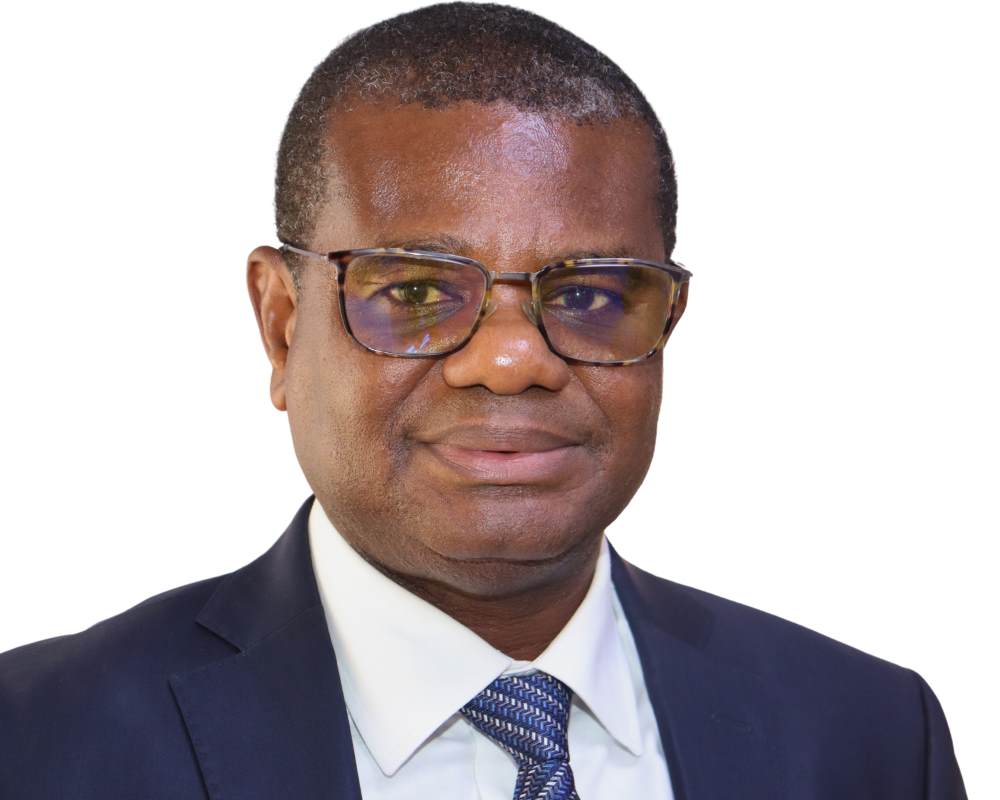
The governance of the TSARA initiative includes a general assembly with two co-chairs bringing together all the organizations involved in the initiative, which has decision-making power, an executive secretariat to support the implementation of the initiative, and soon an external advisory board made up of external partners to provide scientific and political guidance.
